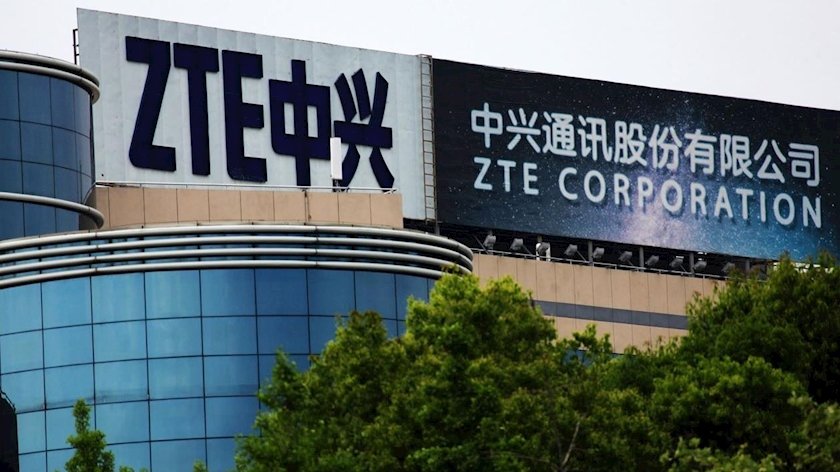US Commerce Department accused the Chinese Far East Cable company of violating US export controls related to shipments of telecommunications equipment to Iran.
Far East Cable, China’s largest wire and cable manufacturer, agreed in 2013 to buy equipment from Chinese telecommunications equipment maker ZTE Corporations, Euro news reported.
According to the U.S. Commerce Department charging letter issued on Thursday, Far East Cable, after dealing with ZTE, contracted with Iranian companies to supply telecommunications equipment.
U.S. Commerce Department said it accused Far East Cable of 18 violations of U.S. export controls between September 2014 to January 2016.
Far East Cable contracted with Telecommunications Company of Iran (TCI) and Rightel, another Iranian company, in 2014. Both were customers of ZTE, which suspended shipments of U.S.-origin items to Iran.
U.S. commerce department said that ZTE in 2012 stopped shipping goods from American companies to TCI after Reuter’s revelation. But the following year, despite a Commerce Department probe, ZTE made plans to resume shipments to Iran via a third party, the letter said.
“As alleged, Far East Cable acted as a cutout for ZTE, facilitating ZTE shipments to Iran at the very time ZTE knew it was under investigation for the exact same conduct,” John Sonderman, a Commerce Department official, said in a statement.
Far East Cable and ZTE did not immediately respond to requests for comment.
Far East Cable has 30 days to respond to the charging letter dated July 29.
ZTE was allowed to continue to buy U.S. goods and technology until 2018 when it was caused by false information about disciplining employees tied to the original wrongdoing.
In April 2018, a ban was slapped on the smartphone and network gear maker, barring sales to ZTE from American companies, which provided some 25-30% of the components used in its equipment. But after ZTE agreed to pay $1 billion, change its leadership, and other terms, the Trump administration lifted the ban after three months.
ZTE is still under the eye of a monitor appointed by the Commerce Department, but its court-ordered probation stemming from the 2017 guilty plea ended in March.
Source: Iran Press



